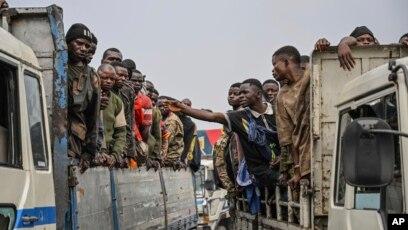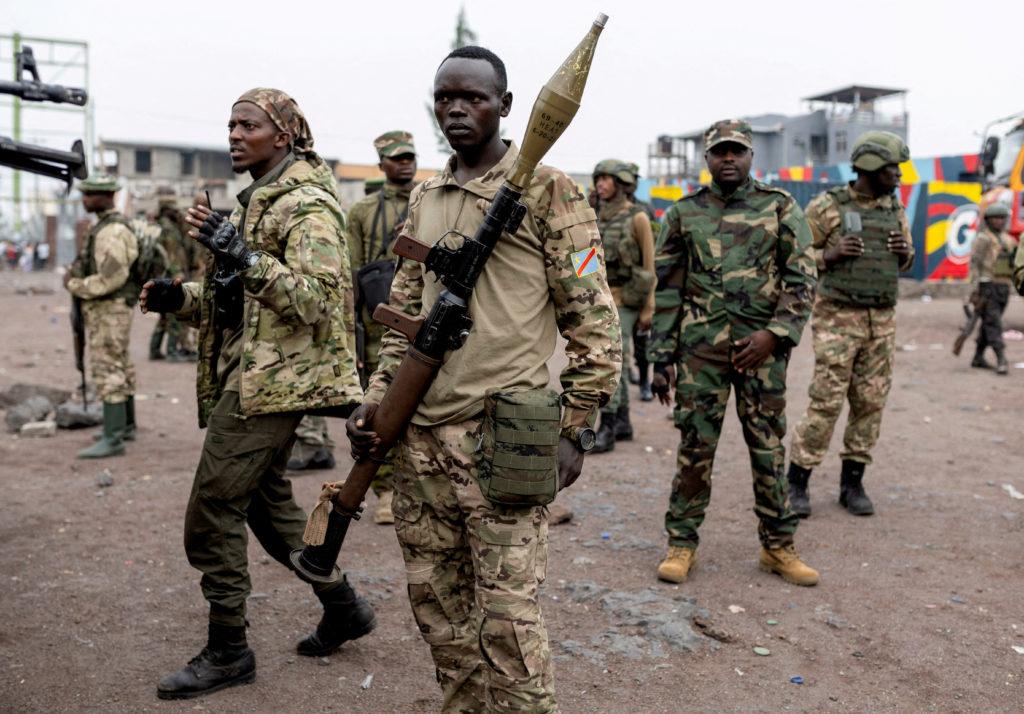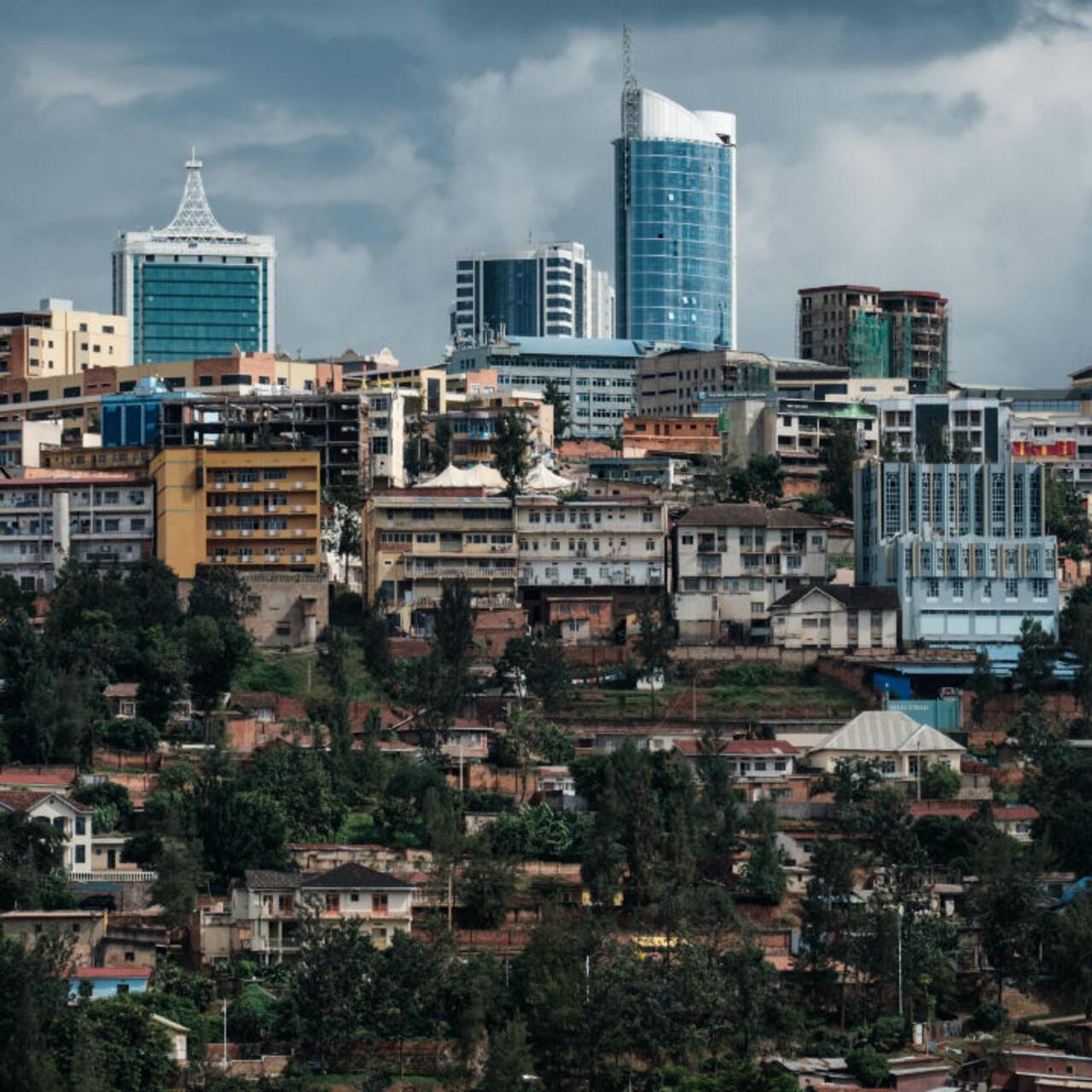Rwanda’s Role in the Escalating Violence in Eastern Congo
In recent developments, reports have surfaced indicating that armed groups, allegedly backed by Rwanda, have brutally attacked civilian populations in Eastern Congo. The Congolese authorities have confirmed the tragic loss of life, with at least 80 civilians reported killed in the latest wave of violence. This escalation has reignited concerns over the long-standing instability in the region, where the influence of external actors has often exacerbated local conflicts. The complex dynamics between militias, state forces, and external interests create a volatile environment that continues to endanger innocent lives.
The involvement of Rwanda in supporting these rebel factions raises important questions about regional security and the international community’s response. Key aspects include:
- Historical Ties: Rwanda’s longstanding political and military interests in eastern Congo can be traced back to the aftermath of the Rwandan Genocide in 1994.
- Resource Exploitation: The wealth of natural resources in the eastern provinces has often attracted external actors, leading to power struggles.
- Humanitarian Impact: The continuous violence not only results in loss of life but also drives thousands of civilians from thier homes,creating a humanitarian crisis.
As the situation unfolds,international observers and human rights organizations are calling for urgent interventions to address the mounting civilian toll and to hold responsible parties accountable. The need for a coordinated approach to peacekeeping and conflict resolution has never been more pressing, as the lives of countless individuals hang in the balance amidst the chaos.

CiviliansCaught in Crossfire: The Human Cost of Regional Conflict
In a shocking escalation of violence in the eastern region of the Democratic Republic of Congo, recent reports indicate that at least 80 innocent civilians have lost their lives due to attacks attributed to rebels backed by Rwanda. this latest incident underscores the tragic toll that ongoing regional conflicts exact on non-combatants-individuals who are often caught in the crossfire with little ability to protect themselves. The brutal onslaught not only claims lives but also devastates local communities, leading to a ripple effect of fear and despair. Key factors contributing to this human tragedy include:
- Displacement: Thousands have been forced to flee their homes, leading to a growing humanitarian crisis.
- Infrastructural Damage: Essential services such as healthcare and education are rendered inaccessible, exacerbating the suffering of the local population.
- Psychological Impact: Survivors are left grappling with trauma, resulting in long-term mental health issues.
As authorities scramble to respond, the international community faces mounting pressure to intervene and address the root causes of this violence. The involvement of foreign powers, such as Rwanda, complicates the already delicate dynamics within the region.Local leaders are calling for immediate actions to protect civilians and ensure accountability, emphasizing the urgent need for a comprehensive approach that includes:
- Conflict Resolution Initiatives: Diplomatic efforts aimed at settling underlying tensions among armed groups.
- Humanitarian Assistance: Immediate aid for affected populations to help them recover and rebuild.
- International monitoring: Increased oversight and support from global organizations to prevent further atrocities.

International Response and Accountability: Urgent Actions Needed
The recent massacre of at least 80 civilians in the Democratic Republic of the Congo, attributed to Rwanda-backed rebels, underscores an urgent need for the international community to take concrete actions for both justice and stability in the region. As reports continue to emerge detailing the horrific circumstances surrounding these attacks, the silence from global powers is deafening. The international response has so far been insufficient,raising questions about the commitment to uphold human rights and protect innocent lives. Efforts must be intensified to hold accountable those responsible for these crimes against humanity.
Effective measures should include:
- Immediate investigations: An independent international inquiry must be initiated to thoroughly examine the events leading up to and following these attacks.
- Targeted sanctions: The imposition of sanctions on individuals or entities providing support to these rebels can deter further violence.
- Humanitarian assistance: Increased support for displaced populations and victims of violence is crucial to alleviate their suffering and restore hope.
- Regional cooperation: Engaging neighboring countries in dialogue to address the root causes of instability and conflict in the region is essential for long-term peace.
Without swift and decisive action, the cycle of violence may continue unabated, leading to further loss of life and a deepening humanitarian crisis. It is imperative for the global community to prioritize accountability and support for the Congolese people at this critical juncture.

Pathways to Peace: Recommendations for Stabilizing the Region
As the tragedy of violence continues to unfold in the eastern regions of the Democratic republic of the Congo, it becomes imperative that regional actors and international organizations collaborate on effective strategies for stabilization. The recent report of at least 80 civilians losing their lives to Rwanda-backed rebels underscores the urgent need for a comprehensive approach to peace that encompasses diplomatic, economic, and security initiatives. Key recommendations include:
- Enhanced Dialogue: Engaging all stakeholders, including local communities, rebel factions, and government officials, in obvious conversations aimed at addressing grievances and creating a foundation for lasting peace.
- international Monitoring: Establishing a robust international presence to oversee ceasefire agreements and monitor human rights abuses, ensuring accountability for those perpetrating violence.
- Economic Development programs: Implementing enduring development initiatives that promote job creation and infrastructural investments to alleviate poverty, which is frequently enough a root cause of conflict.
- Strengthening Local Governance: Empowering local authorities to foster trust and cooperation within communities, enhancing their ability to respond to crises effectively.
Establishing a coordinated regional approach to peace will also require leveraging the influence of international entities such as the African Union and the United Nations. By encouraging diplomatic pressure on those who contribute to instability, coupled with increased humanitarian assistance for affected populations, it is possible to create a more secure and peaceful environment. The time for proactive engagement is now, as the cycle of violence continues to inflict devastating consequences on innocent lives.
